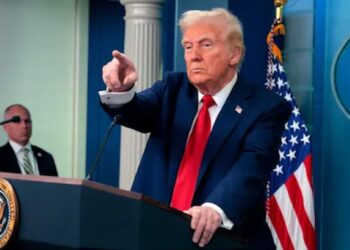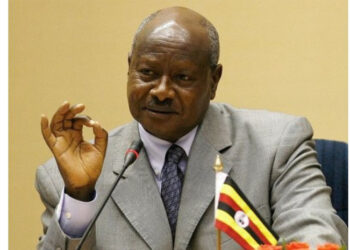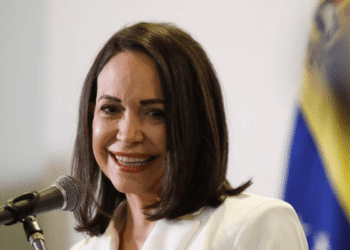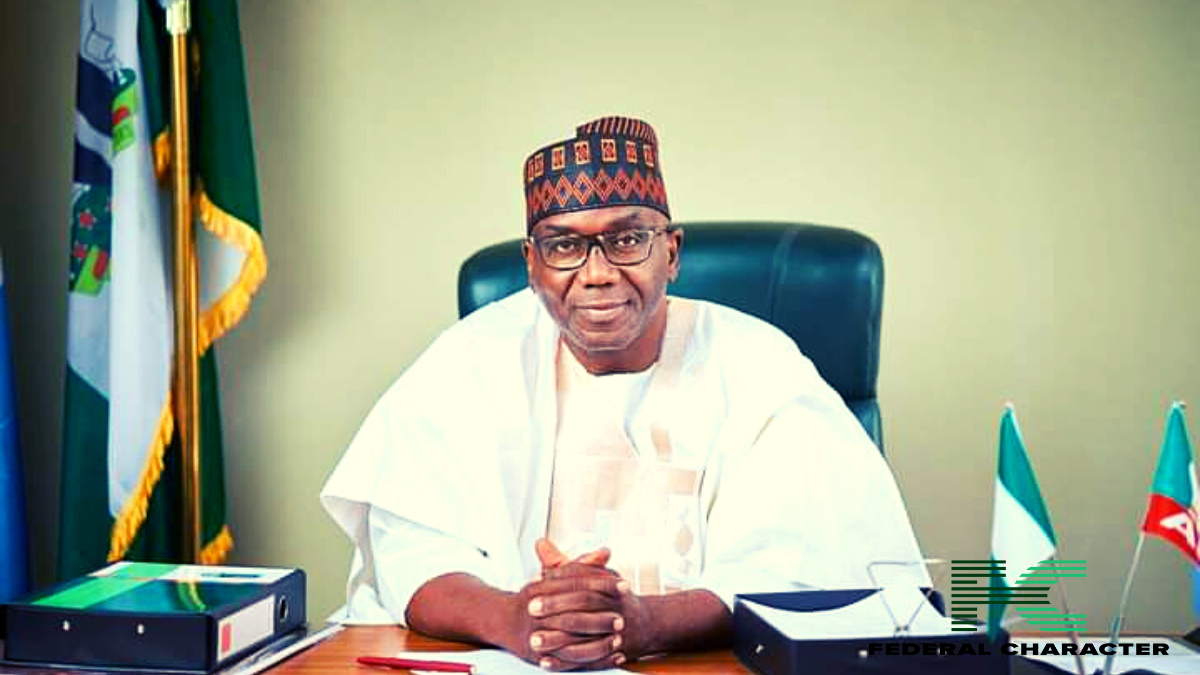In what can only be described as a an act of political drama, President Alassane Ouattara has cleared former First Lady Simone Gbagbo to run in the upcoming presidential election, all while systematically barring his most significant political rivals.
By disqualifying figures like her ex-husband, Laurent Gbagbo, and financial heavyweight Tidjane Thiam, the Ouattara administration is actively manufacturing a one-sided race. This calculated move, cloaked in legal jargon, sets a dangerous precedent and risks plunging Ivory Coast back into the instability it has struggled to escape.
The Façade of ‘Democratic Vandalism’
The exclusion of key opposition figures, particularly Laurent Gbagbo and Tidjane Thiam, makes a complete mockery of this election. While the government cites old criminal convictions and technicalities about citizenship, the true motive is plain for all to see: eliminating any credible threat to President Ouattara’s controversial fourth-term bid.
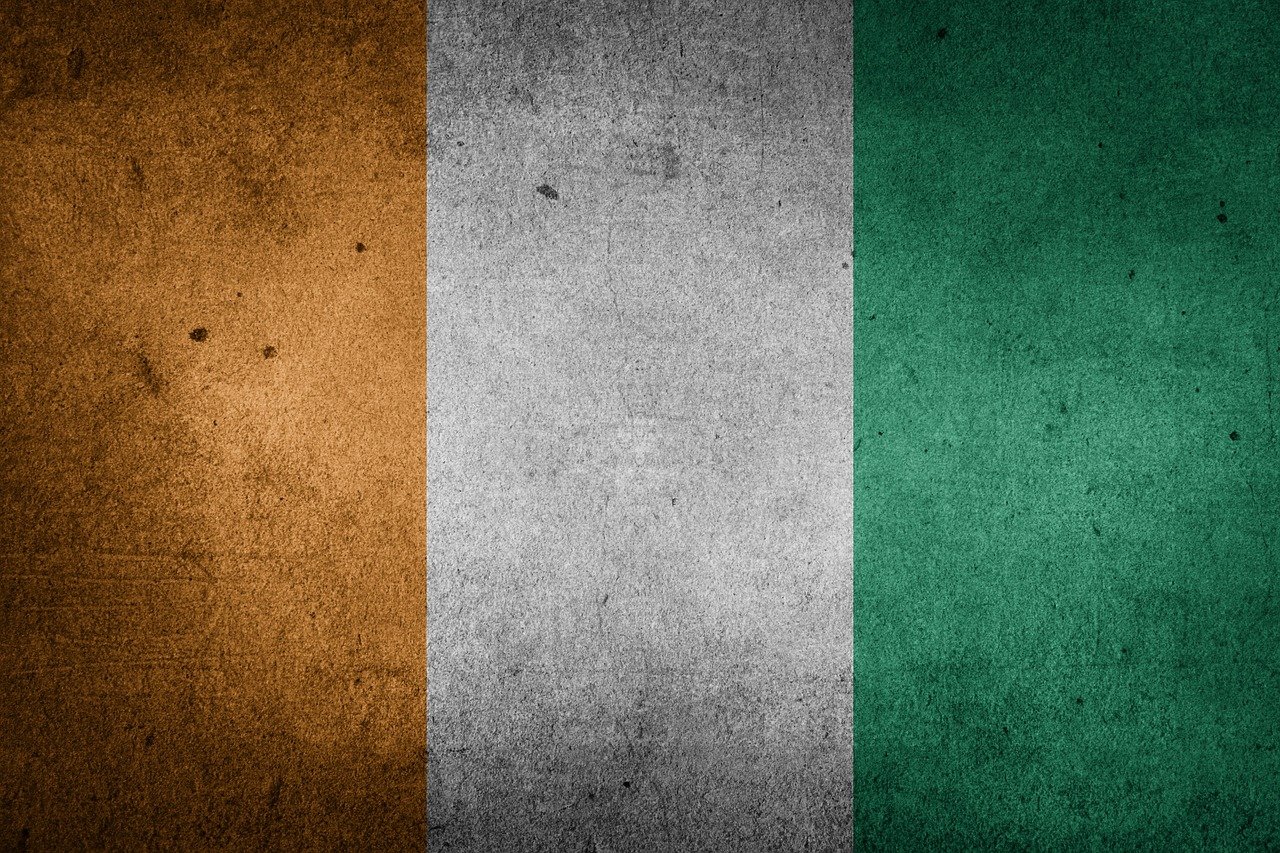
This is precisely the kind of political chicanery that fueled the 2010 post-election violence, which cost over 3,000 lives. Thiam was right when he called the decision an “act of democratic vandalism.” The sad irony is that while the Simone Gbagbo candidacy is a powerful symbol of a woman’s right to aspire to the highest office, her inclusion is a distraction. Her candidacy alone cannot legitimize an election where the strongest contenders have been methodically purged from the ballot.
What Happens Now?
To prevent a new wave of political violence, both the international community and Ivorian civil society must demand urgent reforms. The first step is for the government to show genuine good faith by reviewing the disqualifications with transparency and impartiality, ensuring all eligible candidates have an equal chance. Also, the election must be monitored by a truly independent body, not one perceived to be loyal to the incumbent. Most importantly, all parties must commit to a genuine process of national reconciliation.
This means addressing the deep-seated grievances that led to the 2010 crisis and ensuring that justice is never again used as a political weapon. A peaceful and prosperous future for Ivory Coast cannot be built on a foundation of exclusion. The country’s leaders must finally choose dialogue over division, and democracy over dynasty.


